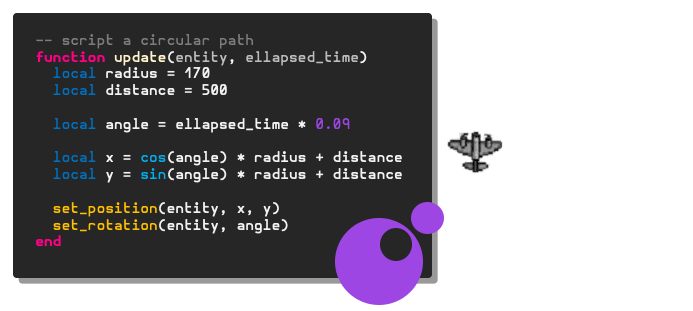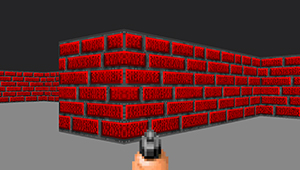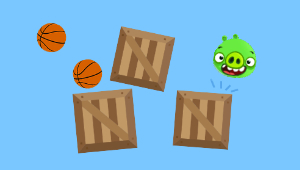- 30 hours on-demand video content
- Lifetime access
- Live meetup
- Downloadable resources and exercises
- Certificate on completion
- Access on mobile and desktop
- Secure checkout via Credit Card or PayPal
- 14-day money back guarantee
- Last updated March 2025
C++ Game Engine Programming
Learn the fundamentals of 2D game engine development and create a simple game engine using C++ SDL and Lua scripting
$79.99
ENROLL NOW FREE PREVIEW










 We don't offer discounts on our courses. Ever.
We don't offer discounts on our courses. Ever.

